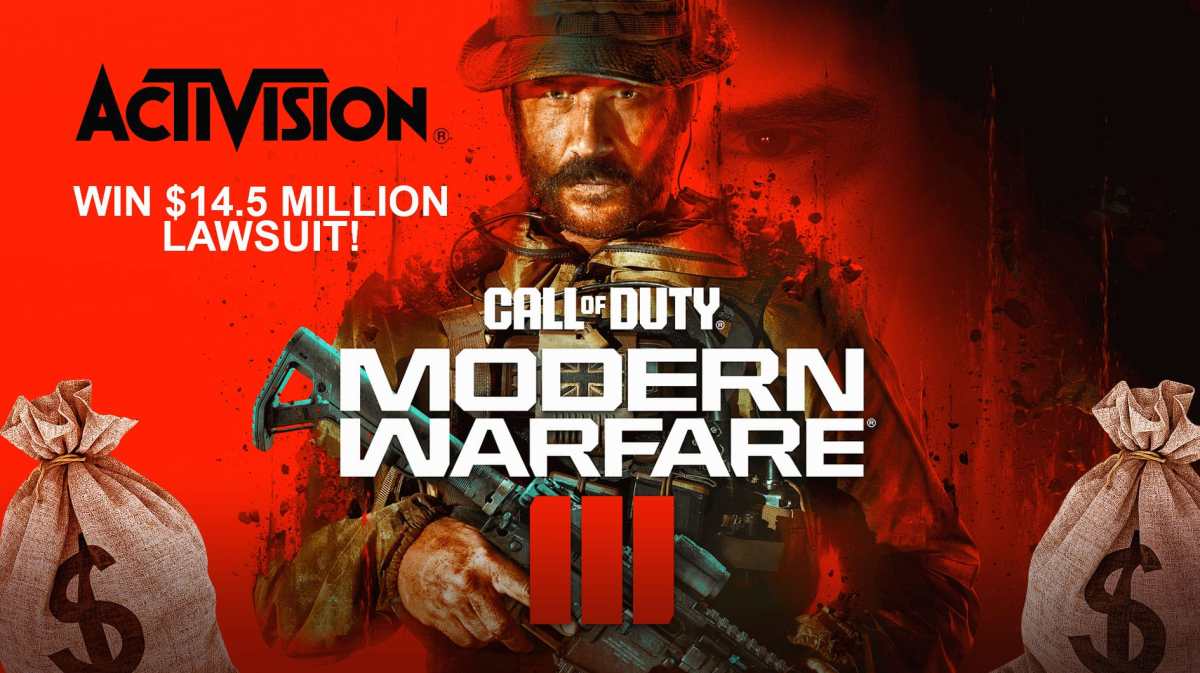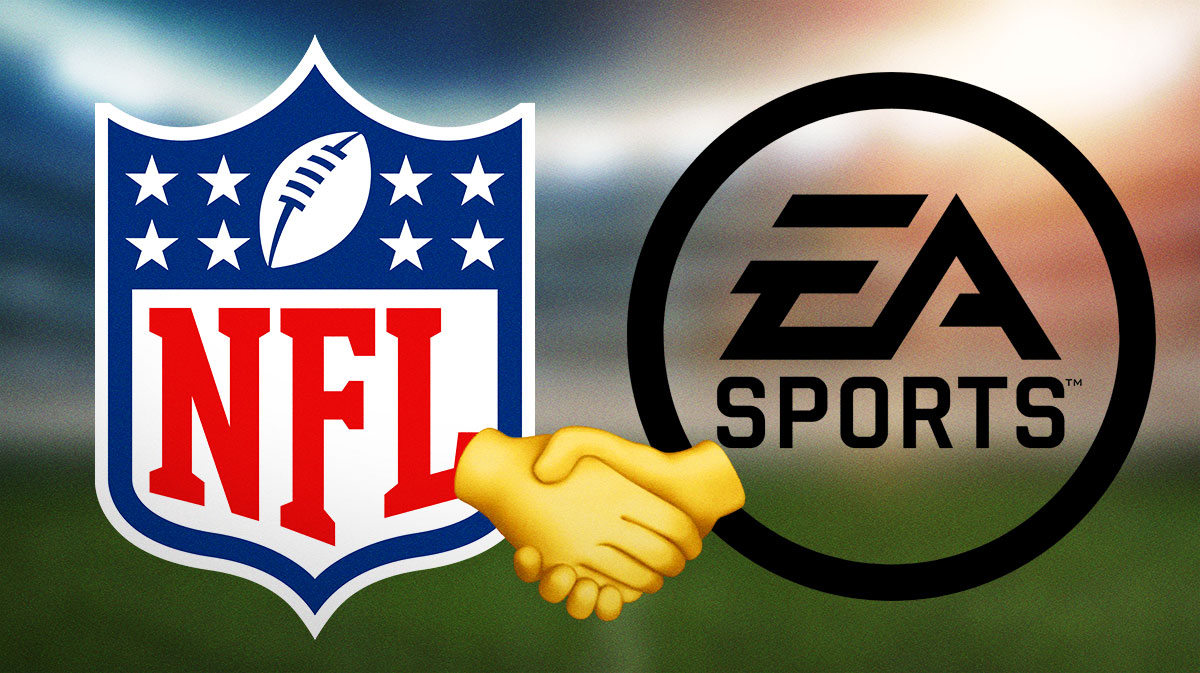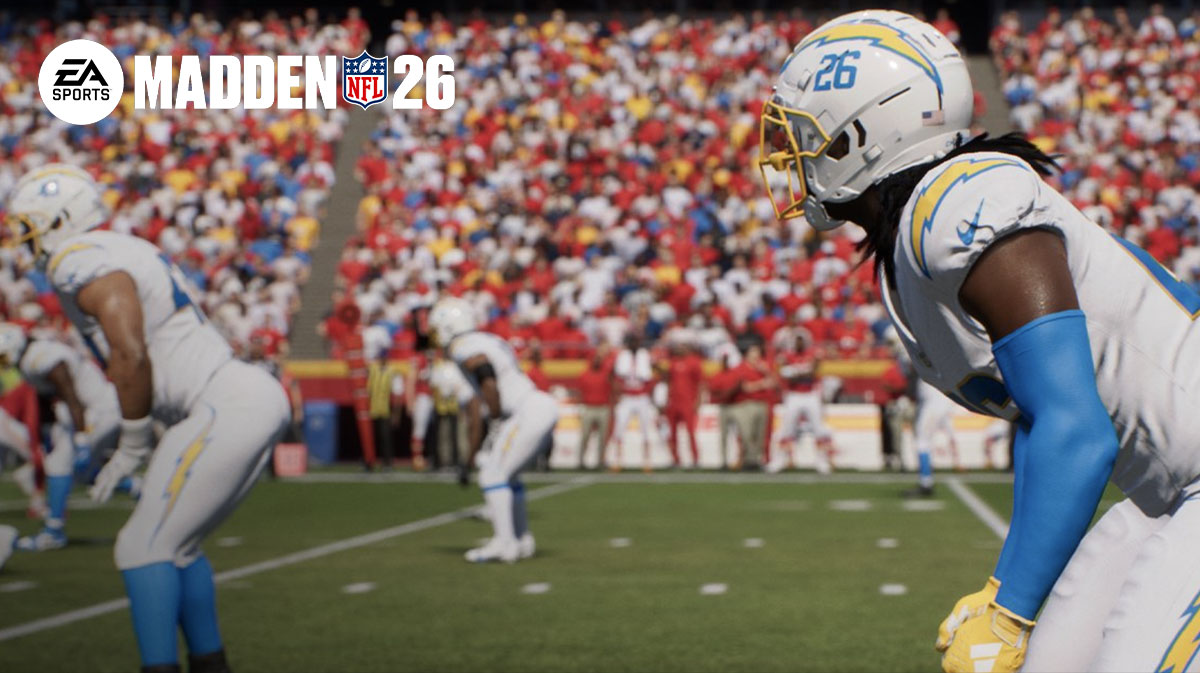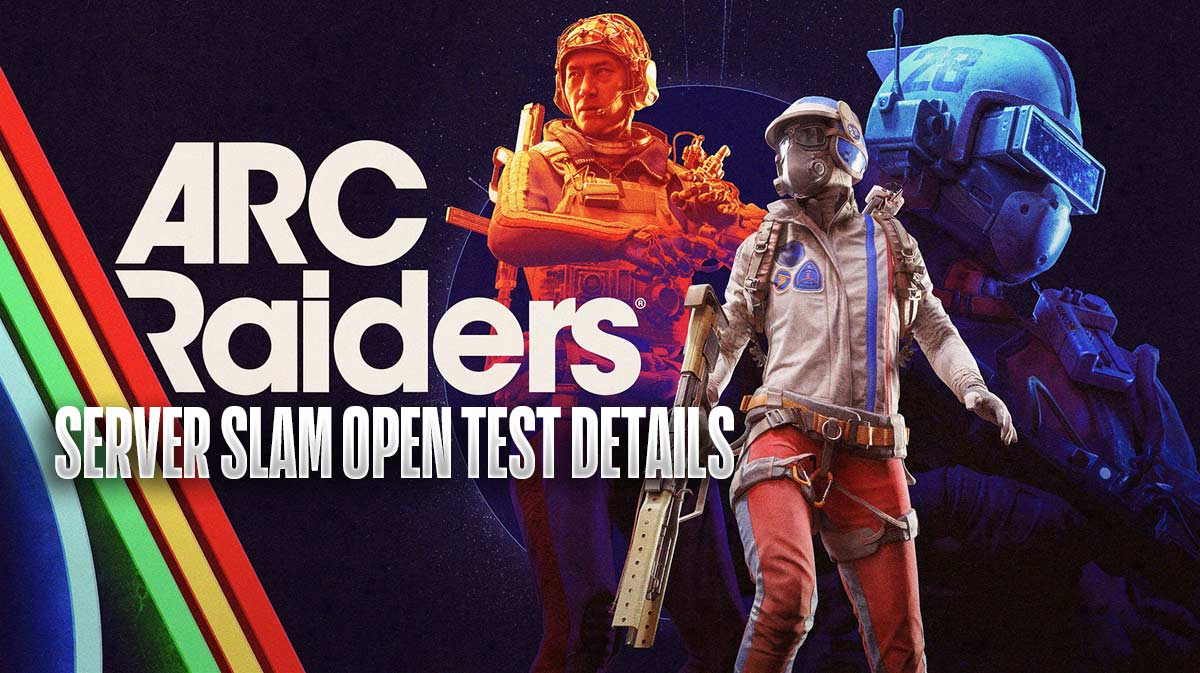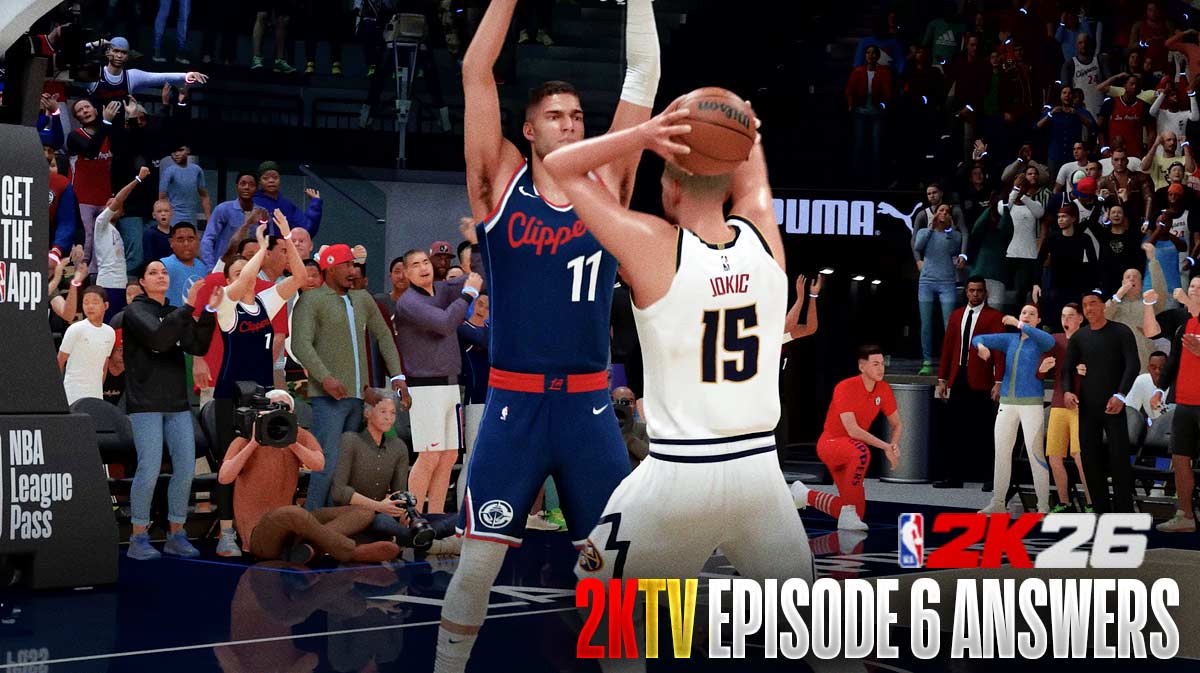Activision has achieved another significant victory in its ongoing legal battle against EngineOwning, a company known for developing and distributing cheats for popular games, including Call of Duty. The case, which began in 2022, has seen multiple developments and substantial financial penalties against the defendants.
On May 28, District Judge Michael Fitzgerald issued a ruling against several defendants, including EngineOwning and its key personnel. The court ordered them to pay Activision $14.465 million in damages for their involvement in creating and distributing cheat software. In addition to this substantial financial penalty, the judge also imposed several other measures to curb EngineOwning's operations. The company was ordered to cease all cheat production and sales immediately, transfer ownership of its website to Activision, and cover $292,912 in attorney fees incurred by Activision during the litigation process.
EngineOwning Continues Operations Despite Legal Setbacks
Despite this ruling, EngineOwning's website, engineowning.to, continues to operate. The site offers various cheats for multiple games, including “Aimbot” software that automatically targets and fires at opponents and wallhacks that allow players to see through walls. These cheats provide users with significant, unfair advantages, undermining the integrity of the games and frustrating other players.
This is not the first time Activision has won financial compensation from individuals associated with EngineOwning. Previously, the company reached settlements totaling $3 million with Ignacio Gayduchenko and Manuel Santiago, who were involved in the development and distribution of the cheats. However, many other defendants named in the lawsuit did not respond, leading Activision to seek a default judgment. This latest ruling includes EngineOwning itself, its founders Valentin Rick and Leon Risch, and other individuals involved in managing, marketing, and moderating the site. Notably, Pascal Classen, an authorized reseller for EngineOwning, was also named in the judgment.
EngineOwning, the cheat provider that has been ordered to pay Activision $14.5M in damages, shared a statement claiming that the site currently has “new owners” not listed in the lawsuit.
They're also making a bunch of backup URLs after a judge ordered their main URL must be… pic.twitter.com/bEQripsZu1
— CharlieIntel (@charlieINTEL) May 29, 2024
The court found EngineOwning and its associates guilty of violating the Digital Millennium Copyright Act (DMCA) and the Computer Fraud and Abuse Act (CFAA). They were also found guilty of intentionally inducing players to buy and use cheats, despite knowing that such activities violated Call of Duty's terms of use. This ruling underscores the severe legal repercussions for creating and distributing cheat software and highlights the lengths to which game companies will go to protect their intellectual property and maintain fair play in their gaming environments.
This victory for Activision is part of a broader trend in the gaming industry, where companies are increasingly turning to the courts to combat cheat creators. For example, in 2022, Bungie, the developer of Destiny 2, settled with cheat makers for $13.5 million and won a jury trial against AimJunkies, resulting in a $63,000 judgment. Although this amount is relatively small compared to the financial penalties in other cases, it marked a significant legal precedent as one of the first jury rulings in such a case.
Activision Faces Challenges In Enforcing Judgments Across Borders
However, the enforcement of these judgments can be challenging, especially when cheat creators operate across international borders. EngineOwning, initially based in Germany, has reportedly moved its operations to Dubai, potentially complicating the enforcement of the U.S. court's ruling. Despite the legal setbacks, EngineOwning has indicated its intention to continue its operations and develop new cheats.
This ongoing legal battle highlights the complex and evolving nature of combating cheating in the gaming industry. As game companies like Activision and Bungie continue to pursue legal actions against cheat creators, the outcomes of these cases will likely shape the future strategies for protecting online gaming communities and ensuring a fair and enjoyable experience for all players.
Activision's latest triumph comes amidst the release of its highly anticipated title, Call of Duty: Modern Warfare 3. The game's launch has been marred by reports of cheating, which have plagued previous installments in the series. By securing such a decisive legal victory, Activision aims to send a clear message to cheat developers and users alike that it will vigorously defend its games and player base against any form of cheating.
The ruling also reinforces the importance of maintaining a level playing field in online gaming, where fairness and integrity are crucial for player satisfaction and the overall health of the gaming community. As legal precedents continue to be set, the industry is likely to see more robust enforcement against those who seek to undermine the gaming experience through illicit means.
Activision's commitment to combating cheating extends beyond the courtroom. The company has implemented advanced anti-cheat measures in its games, including sophisticated detection systems and frequent updates to counteract new cheating methods. These efforts, combined with legal actions, form a comprehensive strategy to protect the gaming environment and ensure a fair playing field for all.
For more gaming news, visit ClutchPoints Gaming

